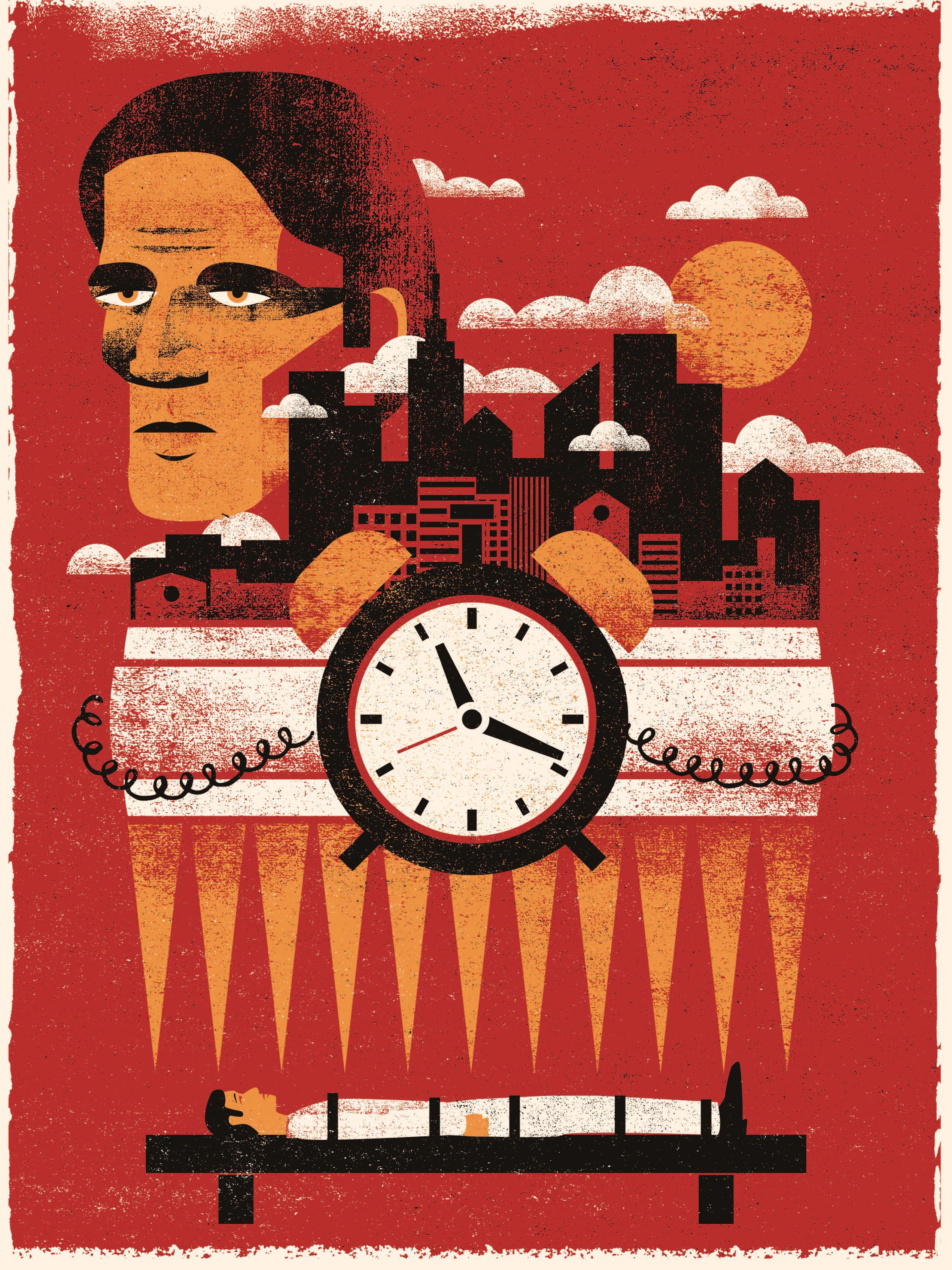
Philosophers love thought experiments, and few have been as influential in contemporary moral and political philosophy as ‘the ticking bomb’. The idea was famously employed by Michael Walzer in his seminal treatment of the problem of dirty hands (Political Action, 1973), and has been the topic of heated discussion ever since.
Walzer considers the case of a newly-elected politician asked to authorise the torture of a captured rebel leader who knows the location of a number of bombs that have been hidden in buildings around the city. If they detonate, they will cause enormous suffering. According to Walzer, in this case, the politician should violate the moral prohibition against torture, even though they accept that ‘‘torture is wrong, indeed abominable, not just sometimes, but always.’’ The unfortunate reality is that political leadership sometimes demands morally tragic decision-making, and leaders who refuse to authorise torture in these circumstances display a dishonourable kind of squeamishness unbefitting their role.
The ticking bomb is commonly invoked to justify torturing terrorist suspects, and the thought experiment pervades media discussion of this issue. It has also been invoked by holders of high office. For example, when giving evidence to the Intelligence and Security Committee of the UK Parliament, a number of prominent British politicians, including former Prime Ministers Boris Johnson and Theresa May, and former Senior Ministers Phillip Hammond and Amber Rudd, invoked ticking bomb scenarios in defence of the possibility of authorising torture and other forms of cruel and degrading punishment, under some circumstances.
This story is from the December 2023 / January 2024 edition of Philosophy Now.
Start your 7-day Magzter GOLD free trial to access thousands of curated premium stories, and 9,000+ magazines and newspapers.
Already a subscriber ? Sign In
This story is from the December 2023 / January 2024 edition of Philosophy Now.
Start your 7-day Magzter GOLD free trial to access thousands of curated premium stories, and 9,000+ magazines and newspapers.
Already a subscriber? Sign In

Metaphors & Creativity
Ignacio Gonzalez-Martinez has a flash of inspiration about the role metaphors play in creative thought.

Medieval Islam & the Nature of God
Musa Mumtaz meditates on two maverick medieval Muslim metaphysicians.

Robert Stern
talks with AmirAli Maleki about philosophy in general, and Kant and Hegel in particular.

Volney (1757-1820)
John P. Irish travels the path of a revolutionary mind.

IT'S A WONDERFUL LIFE
Becky Lee Meadows considers questions of guilt, innocence, and despair in this classic Christmas movie.

"I refute it thus"
Raymond Tallis kicks immaterialism into touch.

Cave Girl Principles
Larry Chan takes us back to the dawn of thought.

A God of Limited Power
Philip Goff grasps hold of the problem of evil and comes up with a novel solution.

A Critique of Pure Atheism
Andrew Likoudis questions the basis of some popular atheist arguments.

Exploring Atheism
Amrit Pathak gives us a run-down of the foundations of modern atheism.